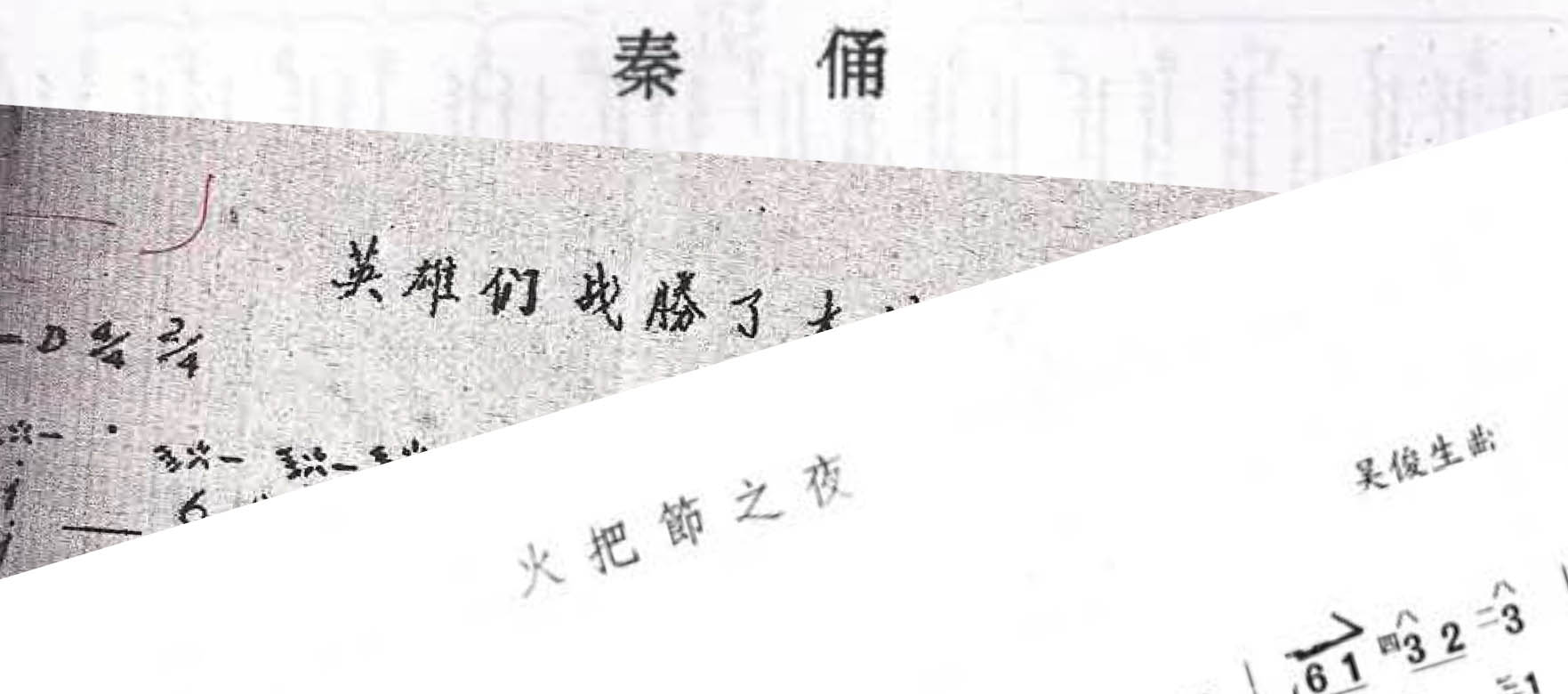Contemporary Music

As the modern pipa is fretted according to twelve-tone equal temperament, musicians and composers are expanding the lexicon to include diatonic and even chromatic music in their compositions.
Early on after the establishment of the People's Republic of China (PRC), government officials encouraged pipa musicians to compose new music for the instrument (and other musicians for their respective instruments). As a result, the standard pipa repertoire consists of mostly compositions, whether based on pre-existing tunes or not, by pipa musicians in the middle and the late twentieth century (personal interview with Wu Junsheng, summer 2016). These compositions include Hurrying to Flower Festival by Ye Xuran, Dance of Yi Tribe by Wang Huiran, Little Sisters on Grassland by Liu Dehai, and Night of Torch Festival by Wu Junsheng. This tradition carries on. But in addition to pipa musicians, composers also contribute to the growing pipa repertoire.
Dance of Yi Tribe incorporates melodies from folk music of the Yi Tribe, including Haicai Tune and music of Cigarette Cases Dance. The music starts off depicting the beautiful scenery of Southwest China where the tribe resides. As music proceeds, we hear the songs that they sing to each other to convey their love and young people gather dancing at the festival.
A wave of Chinese composers, including but not limited to Zhou Long, Chen Yi, Tan Dun, and Bright Sheng, pursued higher degrees and eventually moved abroad after the end of the Cultural Revolution. And they continue to compose music for Chinese instruments including the pipa. Examples include Ghost Opera by Tan Dun, Green by Zhou Long, and Point by Chen Yi.
Excerpt from Green
Originally composed for soprano and pipa, the music conveys a sense of timelessness and meditation.
Many contemporary composers of different ethnicities also composed new and exciting music for the instrument, including Terry Riley (The Cusp of Magic) and Philip Glass (Orion).